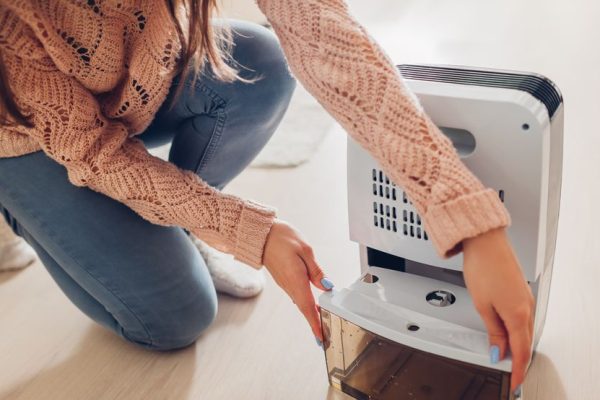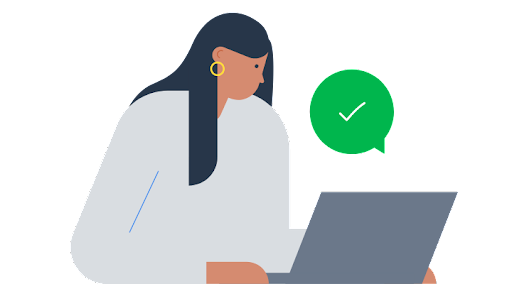In the last few years, the number of internet users has surged explosively. This phenomenon has also resulted in the increasing popularity of VPN ( virtual private network). Not only to change the country server to watch the extensive collection of Netflix but privacy and security are other reasons behind the rising popularity of VPNs.
But with all the hype around VPNs, do they really keep you safe, or are they overrated? Let’s explore what VPNs actually do, their limitations, and whether they are worth using.
What is a VPN, and What Does It Do?
As stated above, VPN is an acronym that stands for Virtual Private Network. So, a VPN provides an additional security to your internet connection by adding an extra layer of encryption. It hides your IP addresses and masks a different IP that is visible to sites you visit. This way, your ISP or others cannot monitor your online activity.
Here’s what happens when you are connected to a VPN:
- Your IP address is hidden, making your online actions anonymous.
- Your data is encrypted, preventing hacking or spying.
- You can bypass geo-restrictions to access content blocked in your country.
- You can get around ISP throttling or blocking.
Many VPNs have a strict no-logs policy, meaning they do not keep records of your activity while connected.
Limitations of VPNs
While VPNs provide important benefits, they also come with some key limitations:
- VPN providers could still log your activity – There is no way to verify their no-logs claims. The VPN has access to all your traffic.
- Encryption ends at the VPN server – The VPN provider can see your real IP address, and traffic between the VPN server and destinations is unencrypted.
- VPN IP addresses can be blacklisted – Popular sites block known VPN IP addresses, which can limit access.
- VPN connections can be detected and blocked – Schools, businesses, and governments can throttle or block VPN connections.
- Potential VPN app vulnerabilities – Flaws could allow traffic to leak outside the encrypted tunnel.
Are VPNs Worth Using?
For most people, using a trustworthy premium VPN is worthwhile in certain situations where extra privacy and security are needed:
- On public WiFi networks to prevent snooping of your activity.
- To access content restricted to certain regions and bypass censorship.
- If you frequently connect to risky networks where hacking attempts are likely.
However, a VPN cannot guarantee full anonymity or completely secure all your internet traffic. You should use additional privacy tools like encrypted messaging apps and browsers with tracking protection.
To get the most privacy benefits from a VPN, choose a reputable paid service with audited no-logs policies like NordVPN, ExpressVPN, or Surfshark, which is the best VPN with free trial. Avoid free VPNs, which are more likely to log your data or have security issues.
Conclusion
While not perfect, VPNs are useful online privacy tools when used properly. A trustworthy VPN, combined with other security best practices, can significantly increase your safety and anonymity online. But no single tool can guarantee complete protection. Understanding the limitations of VPNs allows you to use them effectively as part of a layered security approach.





